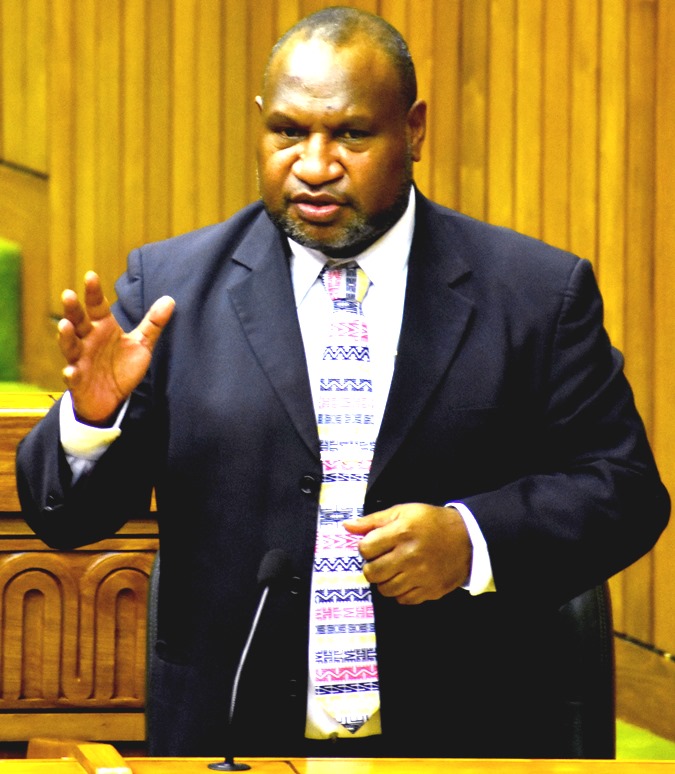PNG Government considers major electoral changes before 2022 polls
By LINA KEAPU and JOHNNY BLADES
PRIME Minister James Marape told Parliament the 2022 National General Elections will go ahead as scheduled and will be conducted using the Limited Preferential Voting (LPV) system and not First-Past-the-Post (FTPT) as alluded.
He was responding to series of questions raised by the Member for Ijivitari Richard Masere on whether the 2022 National General Elections was on schedule and if the current LPV system will be used or the First-Past-the-Post.
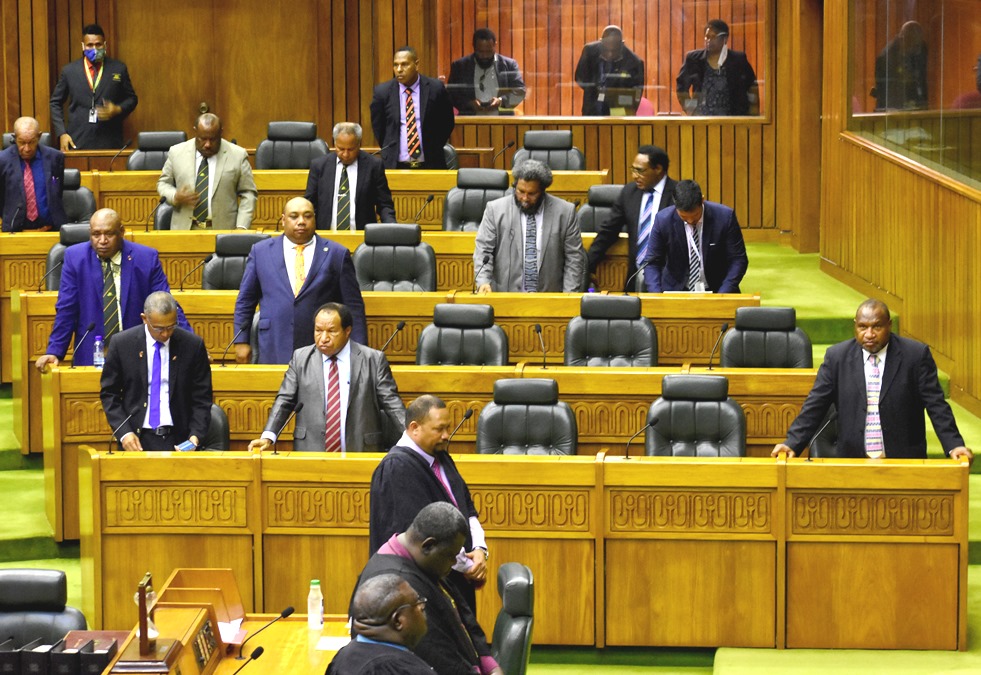
With less than a year before polling is scheduled to begin, he revealed there is a private member’s bill (introduced by government MP Nick Kuman) seeking to change the electoral system from Limited Preferential Voting back to First-Past-the Post.
“But as the law says, we have the Limited Preferential Voting system that we will go by,” Marape said in parliament.
“Personally for me, I prefer LPV, it is fair and friendly for all. But again, this parliament is totally at liberty to discuss this private member’s bill.
“I can confirm the 2022 National General Elections will still go ahead as it is peoples constitutional right to elect their leaders
“The elections will go as per the schedule and the writs will be issued sometime in April and there will be an eight-week campaign as required by constitution; there is no intention for our government to defer the 2022 NGE,” PM Marape said.
PM Marape said there will be a debate on the LPV system and the previous First-Past-the-Post in Parliament, however it will require the private members bill to be presented in parliament.
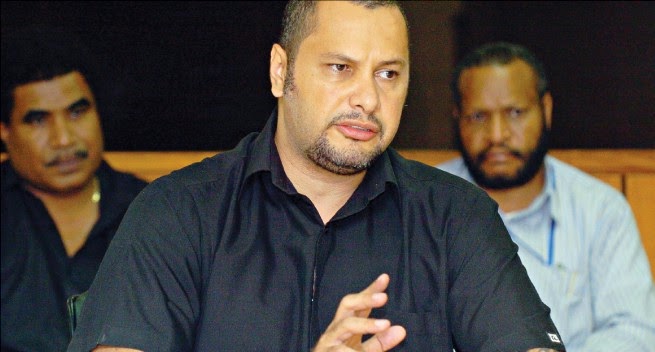
Meanwhile, Oro Governor Gary Juffa posted on a WhatsApp group opposing the change in the voting system.
“My party is firmly against this idea and will oppose it. Meanwhile the people of PNG need to know and understand that certain institutions claim that a slight majority of people are for the First-Past the Post system. This is absurd because everyone I have consulted is against it.
“I believe CLRC (Constitutional Law Reform Commission) is the entity claiming it has “consulted” the people. They hardly consulted anyone in Oro, so I am cynical of their claim and wouldn’t put it past them to merely carry out a crude and lame attempt and declare it represents people. Why not a thorough referendum and see what people really think. I won’t vote for it and will oppose it. Most in parliament are against it say a few who seem hell-bent on pushing it through.”
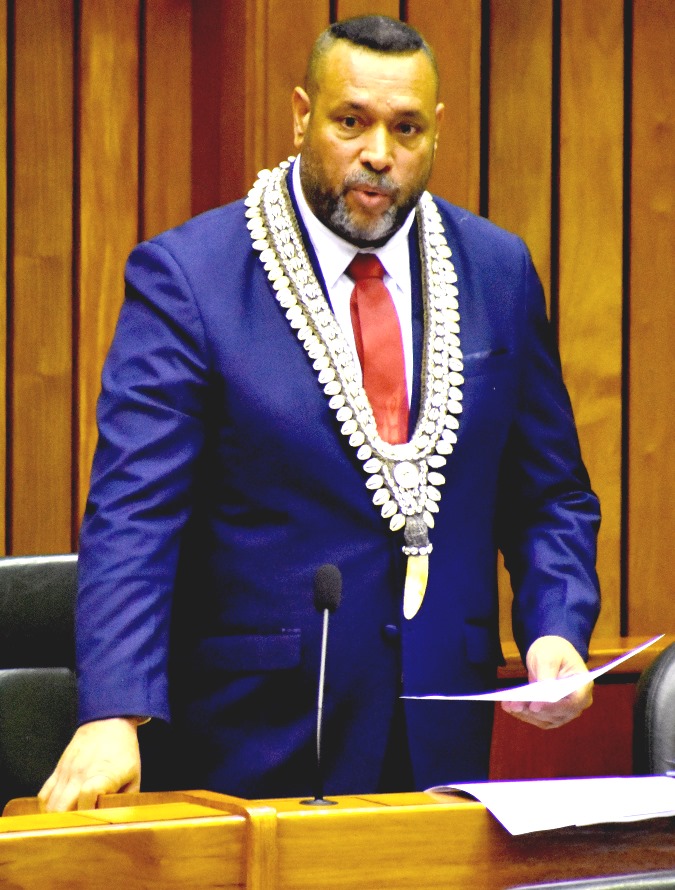
Also East Sepik Governor Allan Bird who is aware of this said he would debate against the move.
“This is a correction on the supposed change of voting from preferential to First-Past-the-Post. From my information, a back bench MP intends to bring a private members bill to make the amendments.
“I will be debating against and voting against the proposed bill.
“This is not a government agenda. Many of us in government are happy with Limited Preferential Voting. It works and it is a fair system.”
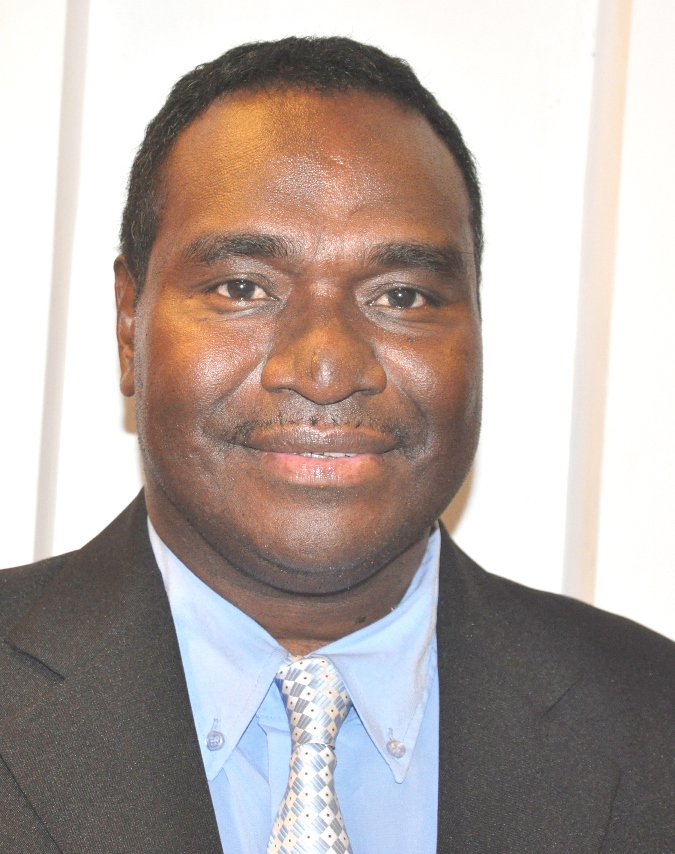
The Easa’ala and opposition MP Davis Steven took exception to the haphazard way in which such a major proposed change has come before parliament.
“It should never happen that a private member’s bill be brought to deal with the constitution, because it’s the responsibility of the Prime Minister of the day to look after the constitution,” Steven said.
The idea of reverting back to First-Past-the- Post has also been mooted by former Prime Minister Peter O’Neill. But it is not universally popular among members and may struggle to get the two-thirds support among MPs.
Davis Steven warned against major constitutional change at this late stage in the parliamentary cycle.
“Do we have the time? Given the process prescribed for the amendment of constitutional law, do we have the time to do it? We’re coming back from two long adjournments when we should have been here doing this business. Secondly, do we have the funds?”
While limited testing has given a poor picture of how widespread Covid-19 is in PNG, the government has now opted to treat the virus as something the population must learn to live with, urging a business-as-usual approach – this includes forging ahead with elections.
Marape told parliament the 2022 elections would proceed on schedule, with the writs to be issued in April.
He also responded to questions about whether PNG’s problematic common roll would be updated. The roll used in recent elections contained names of many dead people, and was missing many more eligible voters.
The Prime Minister noted budget submissions of over K300 million each for both the updating of the roll and the delayed national census, saying they would use the 2021 census to update the roll.
“In the latter half of this year, the Electoral Commissioner and his team from this population database will verify the (names of those) 18 years and above to be migrated into what will become the common roll,” Marape explained.
“That will take place in December, January, February, March, for the common roll verification and updates.”
Lawmakers have another major constitutional change to consider for elections after a special parliamentary committee recently proposed for parliamentary seats to be reserved for women.
To address the problem of having no women MPs in parliament, Marape said a couple of options were on the table.
“One is specialised reserved seats for women only. That might require major legal amendments.
“We’re also looking at the option of: if women they go and contest, and if no women are elected, (we adopt) something similar to the Samoan model. Then of those who contest, the best performed women in our four or five regions can be given a seat on the floor of parliament.”
Samoa’s constitution stipulates that 10 percent of MPs must be women, whether or not this number of women wins seats in electorates.
“So those proposals are being run through,” Marape explained, although opportunities to do it in the current parliament term’s remaining sessions are limited.
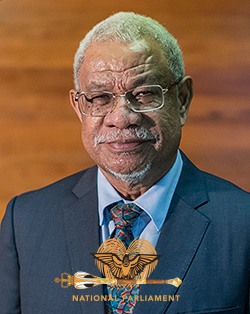
Meanwhile, the Rigo MP, Lekwa Gure called for the Electoral Commission to lay down the law in relation to candidates campaigning before they were allowed to.
“All of us know, and there’s lots of public commentary on the issue, there are many individuals and maybe some parties that are already out there doing early campaigning under the guise of awareness,” Gure said.
But the acting Electoral Commissioner, Simon Sinai, already has a lot on his plate, besides trying to hold candidates to account and trying to update the common roll.
The government recently put up a position vacancy for Electoral Commissioner post to be filled within the PNG Electoral Commission.
Johnny Blades is Radio New Zealand Pacific Journalist

